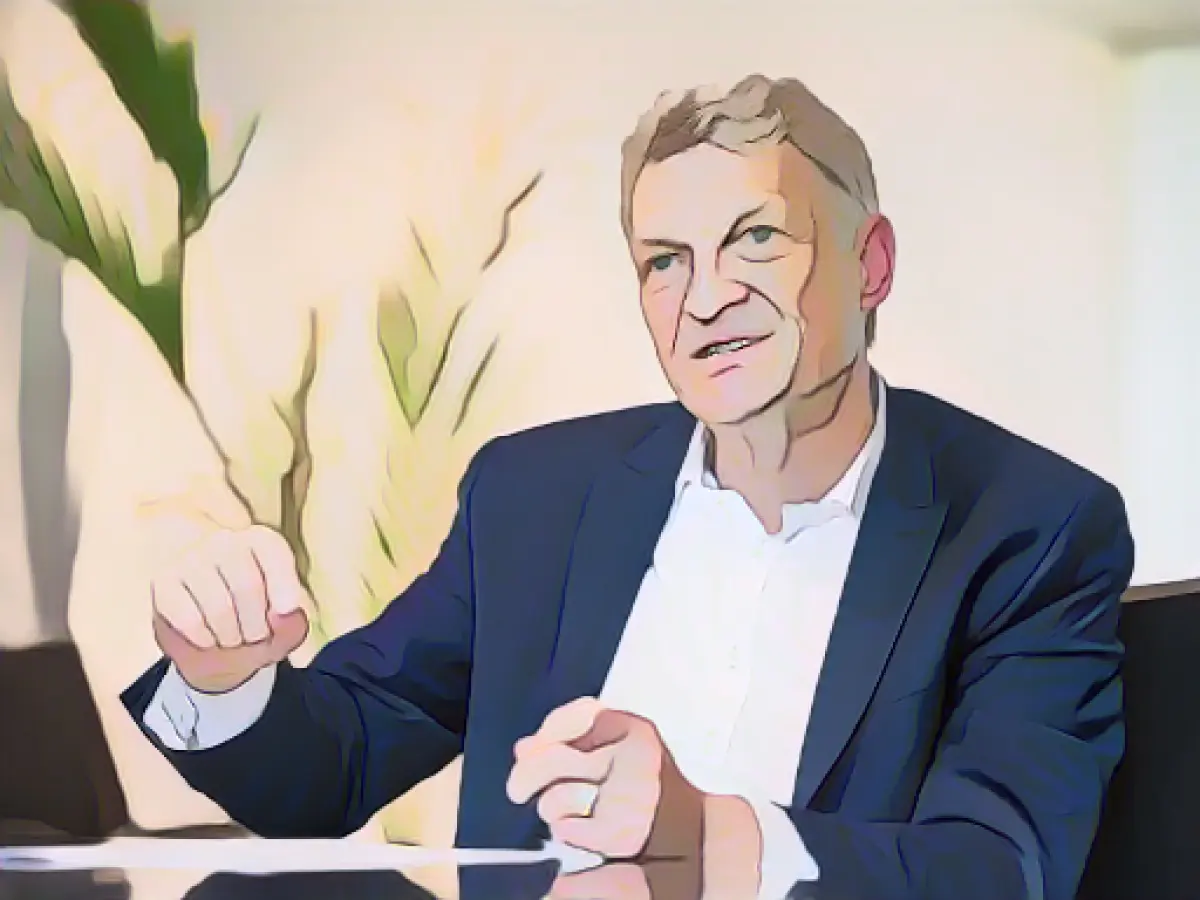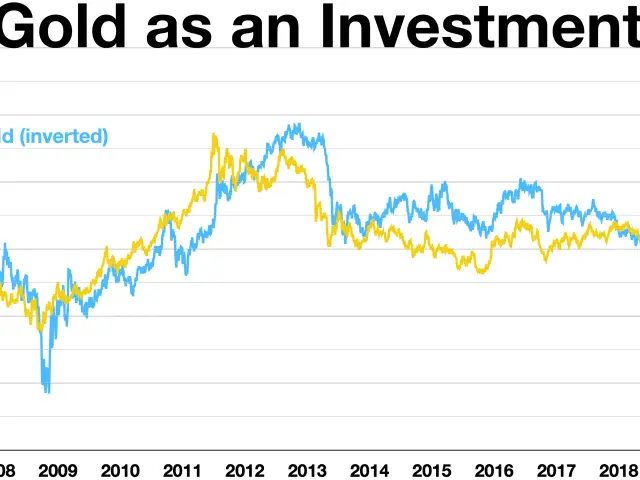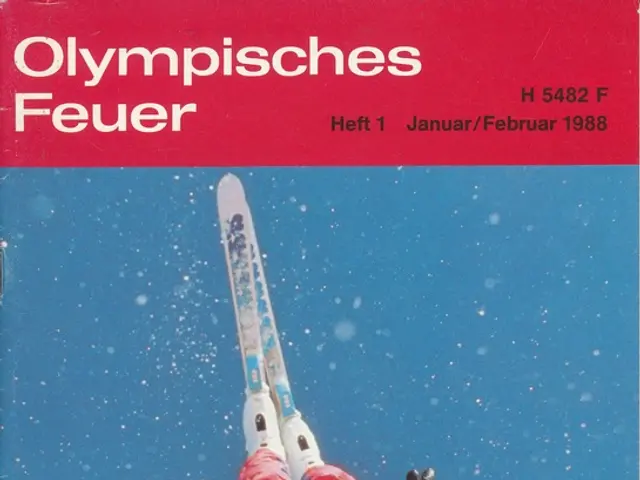CDU Worrys About Green Steel Funding in Saarland Amidst Federal Budget Crisis
In the face of significant financial challenges plaguing the federal government, the Saarland CDU expressed concerns about the potential jeopardy of crucial funding for transition initiatives within the region. CDU state chairman Stephan Toscani voiced his frustration, stating, "The future of the funding decision for our local steel industry is now more uncertain than ever, and its volume may not even meet our expectations."
The looming concern extends to other Saarland projects, including the establishment of the U.S. firm Wolfspeed's chip factory in Ensdorf. The financial fallout from a ruling by the Federal Constitutional Court that prohibits the reallocation of coronavirus aid loans to the climate fund, resulting in a 60 billion euro financial deficit, has mainly sparked these uncertainties.
Toscani, also serving as the chairman of the CDU parliamentary group in the state parliament, blamed the SPD state government for this setback, deeming their transformation fund constitutionally unsound. He emphasized, "Karlsruhe did more than just dismiss the reallocation of coronavirus funds; it also made it unmistakably clear that emergency loans could not be saved for future years." To address these concerns, Toscani requested an immediate meeting with legal experts from the budget committee of the state parliament to clarify the implications of the ruling on Saarland.
Since April 2022, the Saarland has been governed by an SPD coalition led by Anke Rehlinger. The CDU in Saarland is currently wary about potential impacts on their proposed shift towards green steel production in the local steel industry and federal funding for other notable Saarland projects.
Analyzing the Context
Despite the Federal Constitutional Court's ruling, funding for green steel and other substantial Saarland projects relies on a multitude of factors. These include the European Union's policies, national and regional initiatives, and the company's financial stability and market conditions.
The ongoing development in the steel industry and chip manufacturing is largely driven by the political landscape, international agreements, and market demands, rather than the Federal Constitutional Court rulings themselves.
Specifically, the Christian Democratic Union (CDU)'s influence over funding for the steel industry and Wolfspeed's plans for the chip factory wouldn't be a direct result of the court decisions. Instead, the broader economic and political circumstances, as well as market dynamics, would shape the allocation of funds for these projects.








